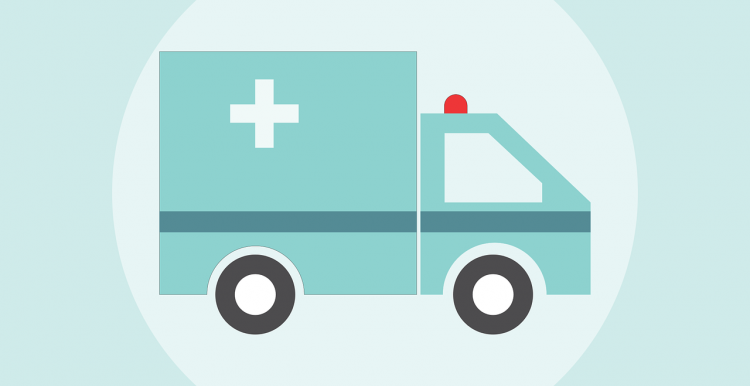Patient Transport Services 2018 update

Similar exercises were conducted by our colleagues in West and East Sussex Healthwatch. At the time of writing, the analysis following the latest round of patient surveys was still being analysed, and we anticipate that a final report will be published in the next few months. Keep an eye out for this on our website if you have an interest in this service.
Healthwatch have gathered over 120 surveys from patients, together with the views of some staff members. Our local analysis of the data suggests that overall the service is gradually improving. This is good news for patients and providers, and long overdue:
- More than half of patients reported the service had improved in the last six months
- The vast majority of patients reported being satisfied with the service and also a vast majority said they would recommend the service
- Renal patients were less likely than non-renal patients to be ‘very satisfied’ with the service, and were also less likely to recommend the service to others
- Hospital staff who spoke to us said the service was about the same as the last time Healthwatch reviewed it.
Unfortunately, some issues continue to undermine the overall performance of the service. In a number of cases these were raised with the provider - South Central Ambulance Service (SCAS) - following our review in May/June 2017. Healthwatch will be pushing SCAS and the CCG for answers to some lingering problems, and an explanation of what action they intend to take to address these, as well as other concerns. Healthwatch will raise these at the Brighton and Hove Overview and Scrutiny Committee in February 2018.
Key topics for discussion at this meeting, will be:
- Poor pick-up times continue to affect a number of patients
- Overall, renal patients continue to experience delays and uncertainties around pick-up times, despite the fact that they are regular users of the service
- Hospital staff still face long delays in getting through to the control centre, distracting them from their important work caring for patients
- Additional training is needed for dispatch staff, to help them understand the local geography leading to better scheduling of transport.
It is clear that SCAS have introduced changes which are delivering tangible improvements, but much more is needed, particularly to ensure that services run better for renal patients. The reintroduction of regular, nominated drivers is one such example of a successful improvement that has delivered real change for some PTS patients, offering them greater certainty and assurance.
A key concern for Healthwatch, as identified through this latest review, is whether the current service is capable of identifying vulnerable patients i.e. those with caring needs, the elderly and those with multiple needs. During the review, patients told us some stories that concern us greatly. A 94 year-old man was left waiting for three hours in the renal reception area to be taken home after dialysis. A paraplegic woman frequently arrived home late after her dialysis which meant that her carer had already left; this meant she had to remain in her wheelchair all night.
If patients who are poorly, tired and in need, continue to suffer in these ways, can we truly say that the patient transport service is routinely meeting the needs of patients?